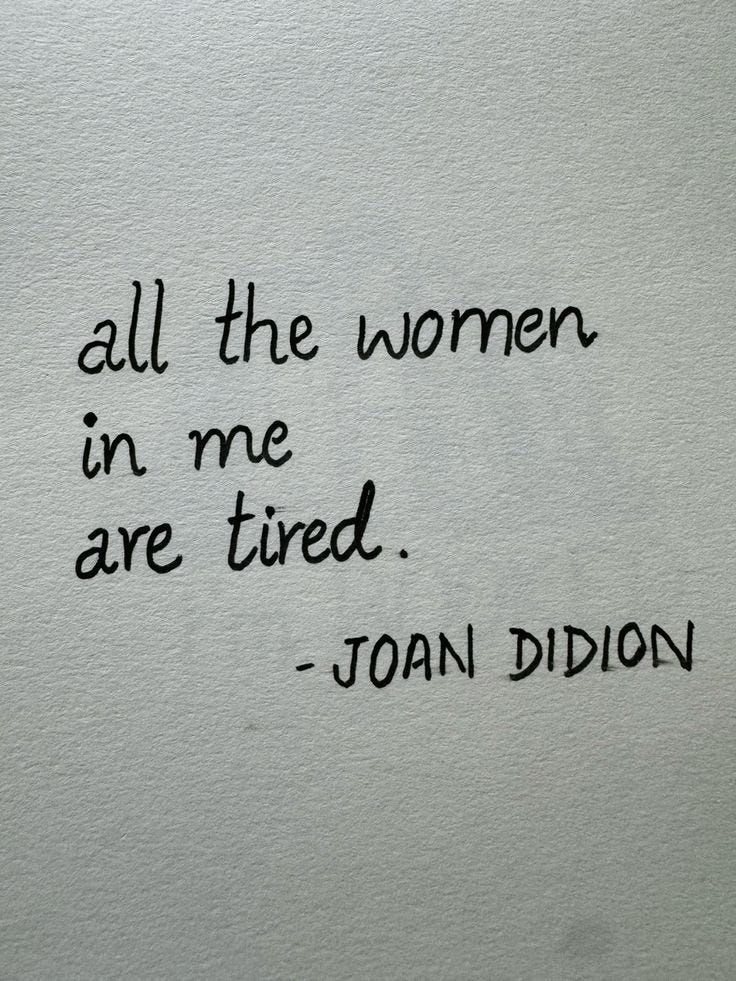“Beautiful” doesn’t mean what they think it does
When beauty gets co-opted for cruelty, it’s time to push back. Learn what’s inside the budget bill that could strip care, education and support—and how to speak up with clarity and care.
There’s a version of beauty I return to often. It’s not soft-focus or overly precious. It’s something sturdier—a kind of daily attentiveness, a way of trying to stay tethered to what matters. Noticing. Doing the work that makes life more livable—for ourselves and each other. Noticing beauty is its own kind of resistance. Responding to its absence—that’s an act of community care.
One of the most beautiful things I’ve ever seen is people doing their best to love each other through hard things. Filling out Medicaid paperwork for an aging parent. Walking their friend home who has cancer. Trying to get therapies covered. Learning the language of our kids’ big feelings. Doing the work of understanding our own limits and vulnerabilities and honoring them with grace—because all this tenderness begets more tenderness.
So when politicians take the word “beautiful” and co-opt it for cruelty, it’s offensive. Not just because it’s dishonest—it’s dangerous.
A sweeping budget proposal, dressed up in rhetoric about freedom, strength and prosperity. I just called my representative and spoke to someone from their office about my specific concerns. Please do the same. I’ve heard a rumbling that Stephanie Bice may possibly be considered one of the holdouts, and that sprung me into action. But whether you’ve heard the same in your community or not, I hope you’ll consider reminding your House Rep who they work for and what we care about.
Below I’ve included a phone, email and social media script to make it easier to take action. But first, here are my concerns in full:
Cuts healthcare access for millions.
This includes stricter Medicaid work requirements, more frequent paperwork and tightened eligibility that makes staying covered harder—especially for low-income, disabled and aging Americans. The Congressional Budget Office estimates these changes could strip healthcare from up to 17 million Americans. In Oklahoma, up to 7% could lose coverage.
→ But it doesn’t stop with Medicaid. These cuts crash into classrooms—into therapy, counseling offices and behavioral support networks. They shrink the space disabled and neurodivergent kids need to learn and connect alongside their peers.
→ When schools lose Medicaid reimbursements—used to fund therapists, nurses, aides and special education supports—programs disappear. Staff positions are cut. Class sizes grow. Teachers absorb the gaps.
→ Hospitals and clinics face greater financial strain. Many will close. ERs become primary care for the uninsured. Providers burn out. Waitlists grow.
→ And if you’re insured and think this won’t touch you—it already is. Medicaid is a cornerstone of our healthcare system. When it’s weakened, the whole structure shifts: care becomes harder to access, more expensive and more fragile for everyone.
Reduces food assistance for families.
The bill imposes new work requirements on SNAP recipients and shifts more of the program’s cost to states. These changes are expected to reduce benefits and increase red tape for millions of low-income households.
→ But the impact isn’t contained. When families lose access to food assistance, the effects ripple outward: schools see more hungry kids, and food banks already stretched beyond capacity can’t meet the growing need. → The social safety net thins for everyone—especially families already juggling impossible choices. → Even if your family doesn’t use SNAP, the child sitting next to yours at school might. Their hunger, focus and well-being shape the classroom your child learns in. Their stability shapes your community.
Diverts funding away from public schools.
The bill includes a national voucher provision that incentivizes donations to private schools while public schools lose out. These private schools can legally select which students they enroll.
→ Public schools—which educate 90% of U.S. students—are already stretched. When funding shrinks further, it impacts all students: larger class sizes, fewer aides, outdated resources.
Strips care from immigrant families.
By ending federal reimbursement to states for serving undocumented and even legally present immigrants, states are forced to choose: cut care or cut elsewhere. ICE enforcement, meanwhile, receives more funding.
→ This erodes trust in essential services—schools, clinics, community programs—especially among families who already face language, legal and cultural barriers. The result is more fear, less care and fractured communities.
Makes tax cuts for the wealthiest permanent.
This bill locks in tax breaks first introduced under Trump—cuts that disproportionately benefit the wealthiest Americans.
→ Billionaires and corporations walk away with long-term financial gains. → When public funding is siphoned off to subsidize private wealth, what’s left shrinks. This isn’t just about abstract fairness. The burden doesn’t vanish—it shifts downward, to the people with the least room to absorb it.
Phases out clean energy investments.
Clean energy tax credits are cut or eliminated, slowing renewable development and limiting access to climate-forward jobs and infrastructure.
→ The people most impacted by climate instability—low-income communities, rural areas, those with health vulnerabilities—will feel it first and hardest.
Adds up to $3.3 trillion to the federal deficit.
Despite being framed as responsible, this bill adds up to $3.3 trillion to the deficit over 10 years. That sets the stage for future arguments to slash even more programs “because we can’t afford them.”
→ That means this isn’t a one-time loss. It’s a setup for continued disinvestment in care, education, housing and health.
IF YOU ARE IN OKC 5th Congressional District: Stephanie Bice (R) — (202) 225-2132 3rd Congressional District: Frank Lucas (R) — (202) 225-5565
CALL SCRIPT
Hi, my name is [Your Name], and I’m a constituent from [Your City, State, ZIP Code].
I’m calling to urge Representative [Name] to vote NO on the federal budget bill. I know it’s being positioned as reform, but I hope you’ll look more closely at what it would mean for real families in our community—people already doing their best to care for others and keep things going.
Here’s what I’m concerned about:
Up to 17 million people could lose healthcare—including 7% of Oklahomans
Children with special needs and learning differences could lose access to therapy and special ed support, even if they’re not on Medicaid
Food assistance will be harder to access, increasing hunger and straining local food banks
Public school funding will shrink, while private schools benefit and still choose who they serve
Care will be stripped from immigrant families, even those here lawfully
The wealthiest Americans will get permanent tax breaks, while public resources continue to disappear
Clean energy investments will be rolled back, limiting climate solutions and job growth
It will add up to $3.3 trillion to the deficit, making it harder to fund programs people depend on
Budgets are moral documents. They tell the truth about what we’re willing to invest in—and who we’re willing to leave behind.
Even if these programs don’t affect you personally today, they touch someone you love—or someone in your community who depends on them to survive.
Please vote no. Thank you.
EMAIL TEMPLATE
Subject: Please Vote NO on the Federal Budget Bill
Dear Representative [Name],
I’m writing as your constituent in [Your City/ZIP Code] to urge you to vote NO on the federal budget bill currently under consideration.
While it’s being presented as a responsible step forward, the real consequences of this legislation will fall hardest on the people and systems our communities rely on most. These are my concerns:
Up to 17 million people—including 7% of Oklahomans—could lose healthcare
Food assistance will be harder to access, increasing hunger, especially among children
Public school funding will be diverted to private schools, which can legally exclude students
Care will be stripped from immigrant families, including those here lawfully
Permanent tax cuts for the wealthiest will reduce public investment in everything from libraries to infrastructure
Clean energy investments will be rolled back, slowing job growth and climate progress
The bill will add up to $3.3 trillion to the deficit, laying the groundwork for more cuts to programs we all depend on
Budgets are moral documents. They tell the truth about what we’re willing to invest in—and who we’re willing to leave behind.
Even if these programs don’t affect your household today, they shape the lives of people we care about—and most of us will need them at some point in our lives.
Please vote no.
Sincerely,
[Your Full Name]
[Your ZIP Code] [
Your Contact Info, if desired]
SOCIAL MEDIA PROMPT
I just called my representative to urge them to vote no on the federal budget bill—and I hope you’ll do the same.
This bill would:
Strip healthcare from up to 17 million people
Cut school-based therapy and special ed services
Reduce access to food assistance
Divert funding away from public schools
Strip care from immigrant families
Lock in permanent tax breaks for billionaires
Roll back clean energy investments
Add up to $3.3 trillion to the deficit
Budgets are moral documents. They tell the truth about what we’re willing to invest in—and who we’re willing to leave behind.
Even if these programs don’t affect you today, they likely shape the lives of people you love—or will matter to you in the years ahead.
Oklahomans: Rep. Stephanie Bice may be a key vote. Let her know this matters. Use this call script and email template: [link]
Let’s keep showing up—for each other’s kids, each other’s care and the future we want to belong to.
Phew. That was a lot. If you’ve made it this far—thank you.
The work of care doesn’t end at the threshold of our homes. Holding it with love may be our greatest act—but this is one way we carry that love forward. Into policy, into public life, into the kind of future we want to belong to.









